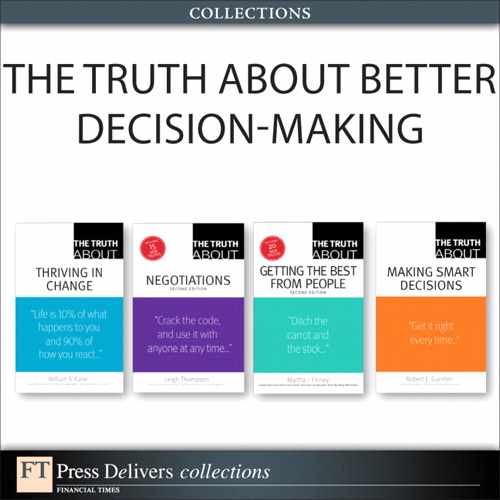Truth 42. To know where you're going, know where you stand
The shareholder view is that the role of the firm is to maximize profits for shareholders. It isn't the firm's role to be concerned about its broader human, social, or political impact except to the extent that it generates greater return for shareholders. The stakeholder view of the firm holds that the company must take into account the interests of other stakeholders, including customers, community members in areas in which it operates, employees, and other players who are affected by the firm's actions. In the most optimistic view, these perspectives come together in the idea that while the shareholder view maximizes returns for the short run, the stakeholder view maximizes returns for the long run by adding value to intangible assets such as brand and reputation. The stakeholder view creates a sustainable enterprise. This belief is embodied in the Johnson & Johnson "Credo," which states that if the company meets the needs of patients, customers, employees, and other stakeholders, investors will be rewarded.
The stakeholder view led Merck to create a drug for river blindness or Glaxo SmithKline to create a drug for meningitis that is marketed only in Africa. There may not have been a profitable market for these drugs, but they were the right thing to do. The first priority was not shareholders, but rather addressing devastating illnesses in Africa.
In your personal career, one view is that advancement is based on a Darwinian, dog-eat-dog struggle for survival and maximizing personal wealth (the Gordon Gecko or Enron view). This is in contrast to the view of maximizing the contributions of your career to your organization and the world. These different views will lead to very different sets of decisions about your career and within your career.
Some of the most important decisions can't be weighed only in the head but also need to be weighed in the heart.
The decisions you make depend on your moral compass, on where you are starting from. Some of the most important decisions can't be weighed only in the head but also need to be weighed in the heart. Is it the right thing to do? Is the decision consistent with your convictions or does it go against your deepest beliefs?
Look into your heart. Where do you start from in making decisions? What are the core religious or personal beliefs that underlie your decision making? How do you need to decide to remain true to these beliefs? What are alternative views that you might adopt? How do these different views lead to decisions and actions?
